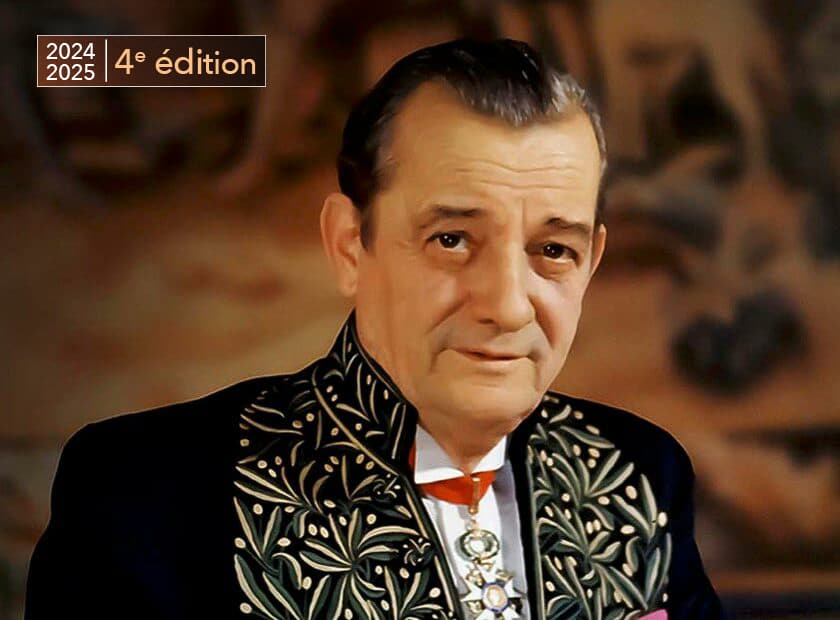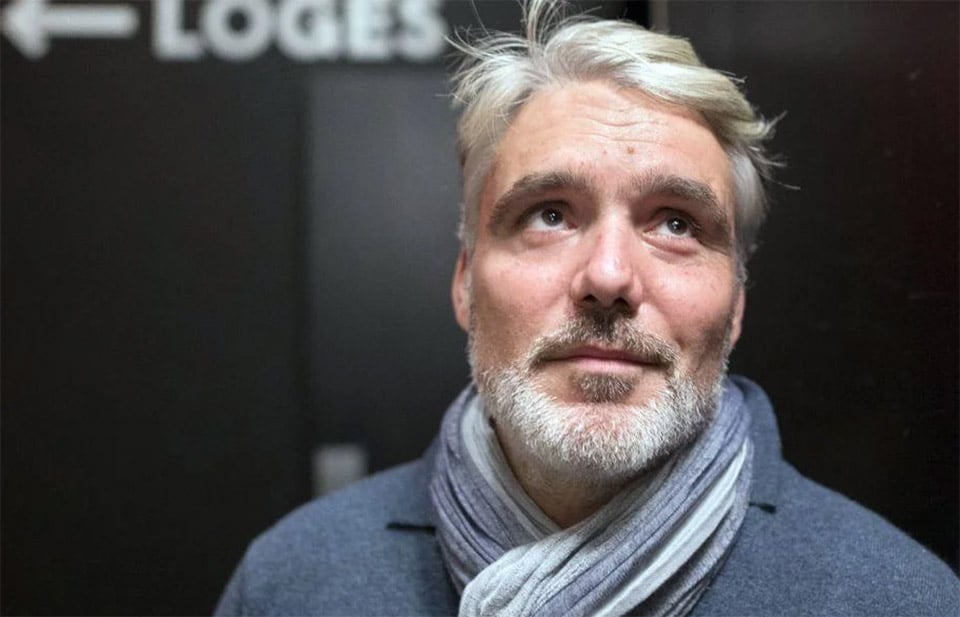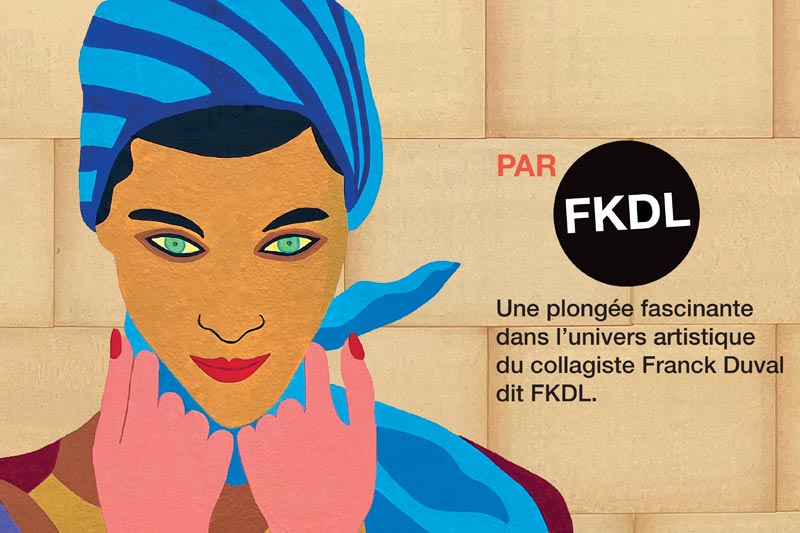
Marcel Pagnol short story contest: 4th edition
29 November 2024

Contents
Marcel Pagnol‘s grandson , Nicolas Pagnol, asserts that his grandfather did not want to write Provence, which is only a theater, but rather what human beings live.
Nicolas Pagnol did not know his grandfather, who died one year after his birth, but he knows his plays, films, novels and correspondence inside out. In order to ensure that the artist does not sink into oblivion, he has become the “memory broker” of Marcel Pagnol’s life and work.
These days, the director is proud to present to Quebecers the play Jules et Marcel, by Pierre Tré-Hardy, which includes excerpts from the correspondence between Marcel Pagnol (1895-1974) and Jules Muraire dit Raimu (1883-1946). These fifty or so letters, which he found at his grandmother’s house, Jacqueline Pagnol (1920-2016), immortalized in Manon des sources (1952), and published in J’ai écrit le rôle de ta vie (Robert Laffont, 2015), trace the friendship between these two giants of French cinema.” There is an enormous amount of finesse in this correspondence. I was surprised to see that my grandfather had the same literary style in it as in his novels, and that Raimu, who is instinctive, sanguine, sometimes trashy, practically writes dialogue. In this shortened version of the play created in 2009 with Philippe Caubère and the late Michel Galabru, designed for Quebec audiences, Fred Achard and Christian Guérin, two actors from the South of France, play the filmmaker and his favourite actor. Marcel is the intellectual who translated Shakespeare, Virgil, Goethe; Raimu is the self-made man, an actor who has a gift for understanding texts, but writes very badly. His letters are full of spelling mistakes; I had a hard time reading them! It’s amazing to see this waltz of feelings between these two, these perpetual dealings that tell us how they worked together.”
On stage, we also find actor Raymond Cloutier, to whom Nicolas Pagnol entrusted the role of narrator: “I wanted a Quebecer to take Quebecers by the hand and tell them Pagnol’s story, in order to create a close relationship with the audience. With Martin Leclerc and Isabelle Longnus, we really want to work on Marcel Pagnol’s catalog in Quebec over the long term. The play, the conference that follows the presentation of the play and the screening of Marius, my favorite movie, allow us to immerse ourselves in this universe.
Whoever thinks of Marcel Pagnol thinks of the Marseilles accent, the lines uttered by Raimu and Fernandel, the sun of the South and the song of cicadas. Director of the Compagnie méditerranéenne de films, a company founded by his grandfather, Nicolas Pagnol, who had half of the films written or shot by his grandfather restored, including the trilogy Marius (Alexander Korda, 1931), Fanny (Yves Allégret, 1932) and César (Marcel Pagnol, 1936), wishes to remind the pioneering and visionary role played by this playwright, filmmaker and novelist in the history of French culture.
Of course, Marcel Pagnol fought to showcase his part of the country on the silver screen, managed to impose his actors – Bob Kane from Paramount, producer of Marius, did not want Raimu to play César in this film – but his fight went even further.
“The real battle he fought was to impose talking pictures in France. In 1930, everyone thought that it was only an attraction, that it was good for funfairs. Coming from the theater, Marcel had nopreconceived idea of what cinema should be. He understood that it was a formidable tool for broadcasting, a new form of writing. And it was a war, notably against René Clair.
In 1934, Marcel Pagnol founded his own film company in order to be totally independent. In fact, some people would criticize him for getting rich: “He was perhaps the first French artist to break the myth of the misunderstood, poor and depressive Baudelairean poet. He is a happy, sunny poet, to whom life smiles. He will make a lot of money, but he does not make money to make money, but to create in complete freedom. He does not want to make films, but a work, and he is the undisputed master of his work.”
Even today, the man who fought for the French cultural exception, directed the first color film in France(La belle meunière, 1948), inspired the Italian neo-realists and the young wolves of the New Wave, and seduced cinephiles.
“What Marcel wrote is what we live as human beings in every corner of the world. It is not Provence that he wrote, it is the human being, what brings us together and divides us. Provence is the theater where all this happens. His work speaks to all peoples, to all generations. What brings him closer to Quebecers is that, like Michel Tremblay, he defends a culture, a territory”, believes Nicolas Pagnol.
October 26, Théâtre Outremont, Montréal. October 28, Théâtre Petit Champlain, Québec. October 29, Maison de la culture, Beloeil. November 1, Théâtre Desjardins, LaSalle

29 November 2024

30 September 2024